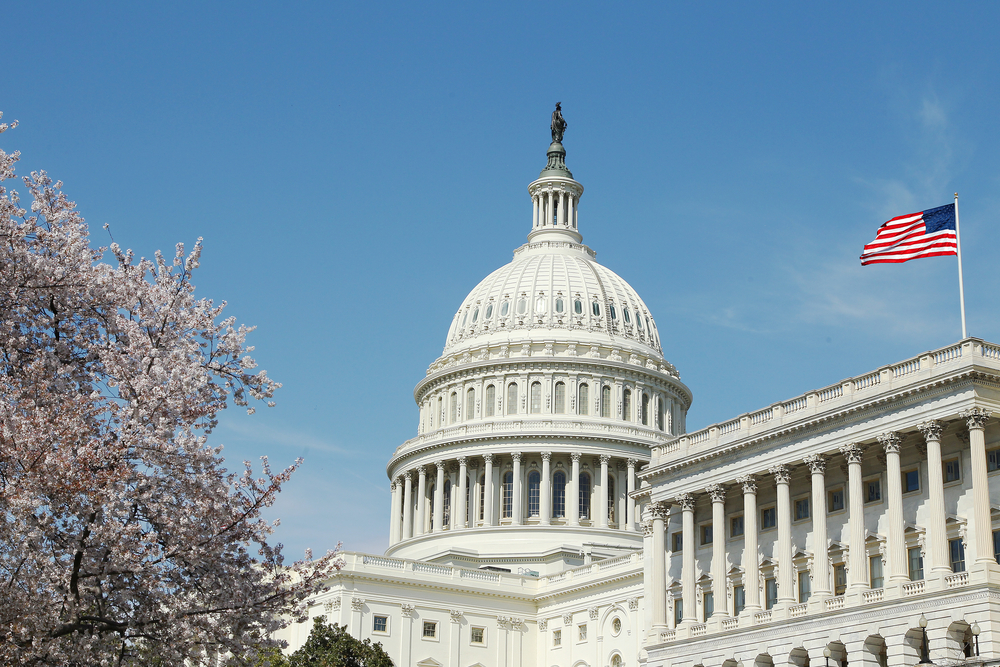Why I believe in the Latter Rain!
I believe in the latter rain. I am not talking about extreme views that came out of the revival in Canada back in 1948, either. When people ask me about …
The post Why I believe in the Latter Rain! appeared first on Open Heaven.
I believe in the latter rain. I am not talking about extreme views that came out of the revival in Canada back in 1948, either. When people ask me about what will happen in the last days (End Times is a different question than last days); I often find most people, even Pentecostals don’t understand much about Latter Rain eschatology. This was the primary view of early Pentecostals coming out of the Azusa Street Revival.
Before I get into what I believe about the end of the world, let’s look at the history of theological thought within the last century. Around 1940, people began to shift from Latter Rain to dispensationalism which became popular among evangelicals at that time. This was mainly due to the access to the Scofield Bible with footnotes about their eschatology. The problem is that the bible was based on the false idea of cessationism. However, many Pentecostals moved towards the idea of dispensationalism. I believe this was a mistake.
To be fair, the jump from Latter Rain to dispensationalism was not a massive change in events. Both schools of thought believed in the rapture of the Church before the Day of the Lord. The main difference, however, is the worldview between today and that day that the Lord breaks through the clouds.

What is Latter Rain eschatology?
While the Spirit has been moving all through church history, there is a belief shared by many through history that the people of God’s presence will be operating as they did in the Book of Acts. The application of this became to take root in the late 1800’s during what is known as the holiness movement and the end of the Methodist movement. There was a hunger for the things of the Spirit unlike there has been for centuries. Across the globe, groups were seeking to form their lives around the doctrine, prayers and lifestyles of the early church.
As a result, we saw the rise of the common person walking in the power of the Spirit and the re-emergence of the laity that walk in the power of the Spirit and received the baptism of the Holy Spirit just like they did in Acts 2. While there was outpourings in Topeka, Galena, Cleveland (Tennessee), and Houston; the fire that set the world ablaze was in Los Angeles. What started as a prayer meeting on a porch became the Azusa Street Revival.
From there, they took the message of the gospel to the ends of the earth. For the first time in hundreds of years, whole Jesus communities were living in apostolic anointing and their goal was to see every language hear the gospel with miracles following. Within a few years, they had seen India, Hong Kong and parts of Africa evangelized. The hope of the gospel was going forward like never before.
At the core of the Latter Rain was a belief that we will complete the task of testifying (Acts 20:24) and then the rapture of the Church will take place. (Matthew 24:14) At the center of all eschatology was a deep conviction of missiology.

Why I reject dispensationalism
There are several problems with dispensationalism that I see. It was rooted in a belief that miracles have stopped. The emphasis is on deception, not anointing. It actually had a very different worldview than the early Pentecostals. The common “doom and gloom” concept comes out of this thought pattern. Instead of focusing on the harvest at the end of the age; the focus is on a “great falling away.” Sadly, this view took root in some Pentecostals starting in the 1940’s.
Then, you have some theological issues. Things like people saying the seven letters to the churches in Revelation was seven periods of history and of course, the deceived ones has to be the last one! There is NO evidence of seven periods of church history anywhere in scripture! This was a way to explain away, “the world is going to hell but we will be saved” worldview of many evangelicals during the times between the world wars.
The reason this became popular among Pentecostals is that people who believed in the Latter Rain also believed in the rapture of the Church and most things afterwards were close. The main difference was between now and the catching up of the saints. The focus on the here and now is what makes the two views contrast.
Personally, I tend to share of the view of the early Pentecostals that out of Azusa Street Mission will come the end time harvest and leads up to the rapture of the Church!

…and the 1948 Latter Rain?
In the late 1940’s, there was a move of the Spirit that quickly got out of hand and stepped into heretical ideas. They used much of the worldview from the Latter Rain of the early Pentecostals and mishandled theology. As a result, all types of heresies such as hyper-Zionism, Manifest Sons of God, impartation and that there would a delay in the rapture of the Church until after the trumpets in Revelation.
Pentecostals, namely the Assemblies of God distance themselves from the Latter Rain movement and as a byproduct, they moved away from Latter Rain theology because they wanted to do with this heretical views. People didn’t even want to use the name, anymore. It is sad how a small group that be make a large group afraid to believe what our fathers did and what we believe the bible teaches.
I hope that we can restore faith in the theology of the latter rain and have a worldview of Pentecost or harvest of souls in our generation. The Lord is the Lord of the Harvest and the Father wishes that none would perish but all would come to repentance. This is what David Wilkerson called the final altar call. I firmly believe that until all have heard, we have one job: evangelism.
The post Why I believe in the Latter Rain! appeared first on Open Heaven.



